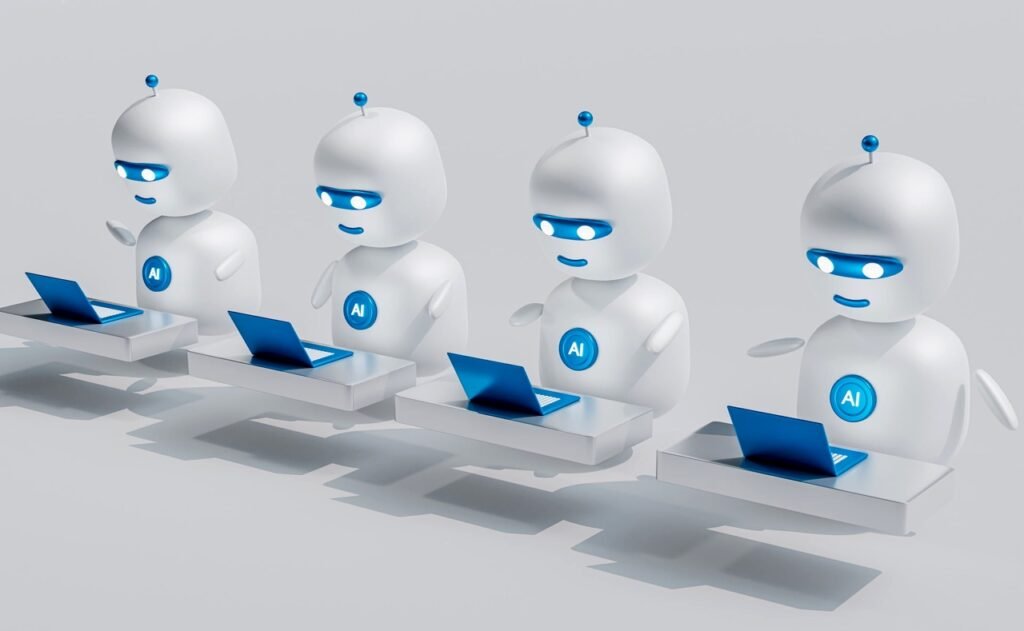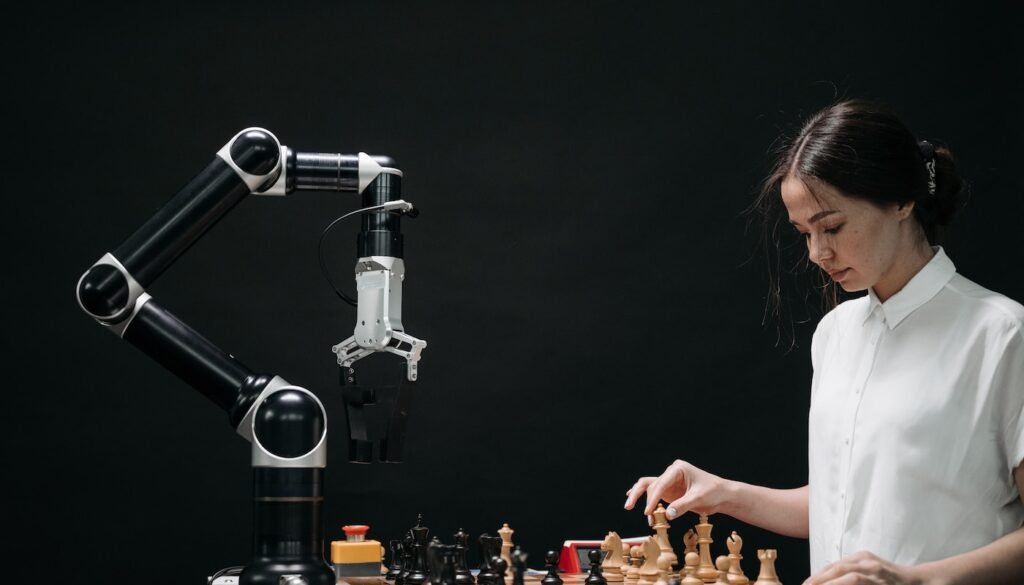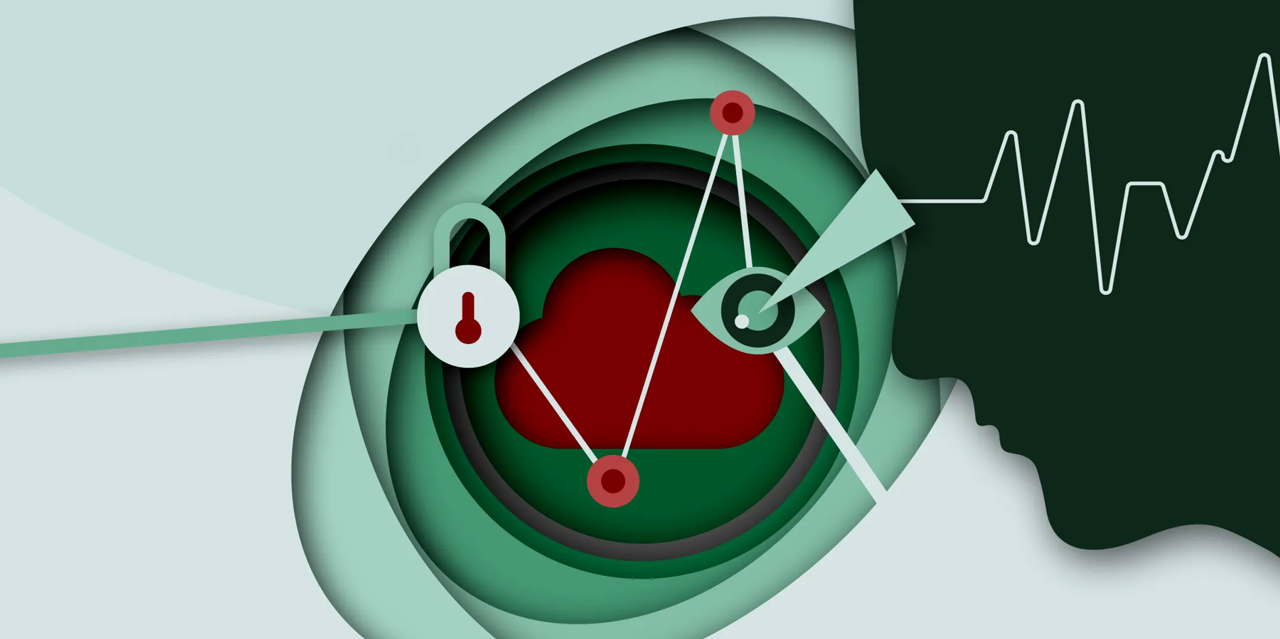In an era of increasing cyber-attacks and threats to personal data, the promise of safeguarding sensitive information is more important than ever. The field of medical data is no exception. Enter the realm of innovative solutions. A trailblazing AI startup is offering individuals a completely new face digitally, of course, to shield their medical privacy.
Read More: Using AI to Fight Social Media Lies, Fake Accounts and Bots
Contents
The Birth of an Idea

Imagine walking into a clinic and undergoing a procedure or test. Now, picture a situation where any captured imagery of your face doesn’t reveal your identity but rather displays a digitally altered visage, untraceable to you. This is not a scene from a futuristic novel, but the reality being proffered by an avant-garde AI startup.
This concept was born from a simple observation: medical images, such as those taken during MRIs, CT scans, and other procedures, often inadvertently capture parts of a patient’s face. These accidental captures can, in turn, jeopardize the privacy of the individual, making them susceptible to unauthorized access or misuse.
How Does It Work?
The tech is ingenious in its simplicity. Upon entering the clinic, a special camera captures the patient’s face. The AI, then, instantaneously generates a new, artificial face, merging it seamlessly onto the original, ensuring that the medical images depict this ‘new face’ rather than the actual one. Thus, even if the medical imagery is accessed, it cannot be linked back to the individual.
Underlying this transformation is a combination of deep learning algorithms and Generative Adversarial Networks (GANs). These technologies not only ensure that the face appears natural but also that it remains consistent across different imaging modalities.
Addressing Skepticism
When the technology was first unveiled, many sceptics raised concerns about its necessity. “Isn’t anonymizing medical data enough?” some asked. The startup’s response was that while anonymizing data is crucial, medical images can sometimes get separated from their anonymized datasets. When this occurs, the face in the image can serve as a direct identifier.
Further scepticism was rooted in potential misuse. There was fear that the AI-generated faces might be repurposed for deceptive intents. In response, the startup has implemented robust safeguards to ensure that the artificial faces can’t be stored, replicated, or used outside the medical environment.
Privacy Implications
The advent of such technology raises several critical questions about privacy. At its core, this AI-driven approach recognizes facial features as unique identifiers, just like social security numbers or fingerprints. The choice to protect it to mask it underscores the evolving nature of privacy in the digital age.
If our faces are now data points that need guarding, what does that imply about the future of public spaces, surveillance, and digital interactions? The technology, while crafted for the niche arena of medical imaging, sparks broader debates about how we perceive and protect personal identity.
Legal and Ethical Considerations
As the technology gains traction, it’s bound to attract legal and ethical scrutiny. For instance:
Consent
Patients must be informed and give consent before their faces are altered. There is an inherent right to one’s image, and any alterations even for protection need to be opt-in.
Medical Accuracy
How does the introduction of a new face impact the medical accuracy of certain scans? Though the startup assures that the technology only affects non-essential areas, the medical community must remain vigilant.
Data Storage
Even though the AI doesn’t store the generated faces, it needs the original face to work. What safeguards are in place to ensure that the original image isn’t misused or accessed without authorization?
A Glimpse Into the Future

If successfully implemented on a large scale, this technology could redefine how we think about medical data. Hospitals, clinics, and imaging centres around the world could adopt it as a standard protocol to ensure an additional layer of patient confidentiality.
Moreover, the technology’s broader implications could be profound. The same concept adapted appropriately, could be applied in other sectors, offering a new way to protect personal privacy in an increasingly interconnected digital world.
Read More: AI Startup Boosts Workplace Diversity At Nike, Walmart, and Adidas
Conclusion
The journey of this AI startup underscores the tremendous potential and challenges of marrying technology with privacy. It exemplifies how innovations can address pressing problems, but also how each solution may lead to deeper questions about identity, rights, and the role of technology in society.
Protecting our medical data is not just about preserving personal information but also about safeguarding our human dignity. As AI continues to reshape the landscape of possibilities, we must remain diligent, ensuring that technology serves us, safeguards us, and respects the sanctity of our individual identities.




